Genetics
Genetics is the branch of biology that studies how biological inheritance is transmitted from parents to children and how our body works. Learn the details of the specialty and the latest avant-garde. The transmission of diseases and what we can do at Instituto Bernabeu to detect them and prevent them from being transmitted to new generations. As well as the new tests and firsts that arise from our lines of research.

All you need to know about the donor’s Genetic Matching
What is the donor’s genetic matching? Genetic matching, or genetic paring is the study of genetic data between donor and recipient to ensure genetic compatibility between them in terms of avoiding transmission of a recessive […]
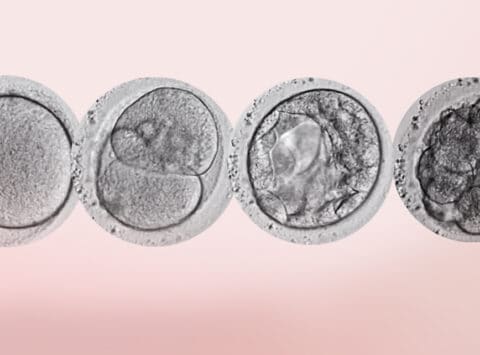
A positive outcome in human reproduction means that the female and male gametes have to mature and fertilise properly, and early development of the embryo must be correct. Abnormalities in the embryo development process lead […]
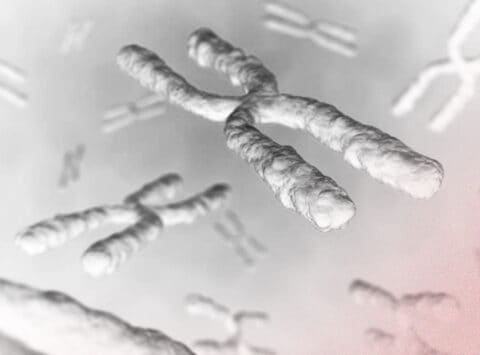
GCT Basic. The analysis of 49 genes that can cause the 50 major recessive and X-linked diseases
The basic genetic compatibility test (GCT) is a basic screening that analyses the most prevalent diseases in the population due to the high incidence of carriers in the general population. This preconception genetic screening analyses […]
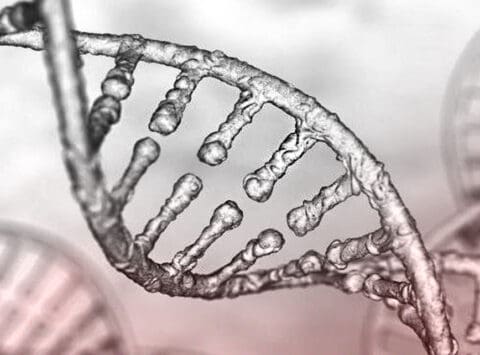
The importance of DNA in our lives: 25 April World DNA Day
The 25th of April is DNA Day, which commemorates Watson and Crick’s discovery of the structure of DNA in 1953. This date also coincides with another important milestone in the history of DNA, namely the […]
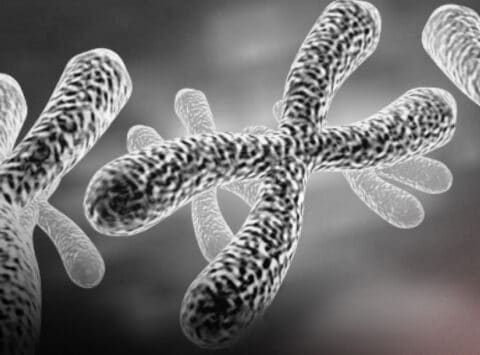
Fertigenetics; Genetic tests to improve reproductive prognosis
It is estimated that around 15% of couples are infertile, that is, they are unable to complete a pregnancy and carry it to term. The origin of infertility is very varied and includes, among others, […]

Thalassaemias include a group of hereditary anaemias (from mild to lethal) caused by defects in the synthesis of one or more globin chains. Globins are the protein part of haemoglobin, the red blood cells main […]

Kallmann Syndrome: Hypogonadism in women and men
Kallmann syndrome is a genetic disease characterised by an absence of sex hormones (hypogonadism) due to a deficit of gonadotropin-GnRH (hypogonadotropic) hormone releasing and, lack of smell (anosmia).
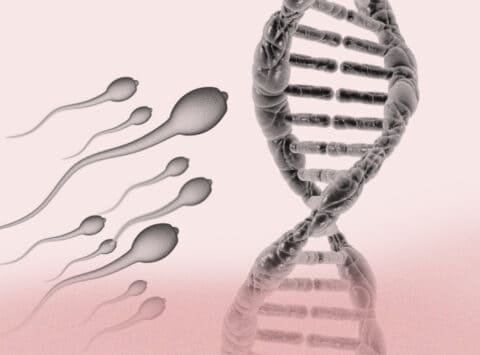
Severe male factor: is there a genetic cause?
The World Health Organization (WHO) estimates that approximately 10% of couples will experience fertility problems. Some 50% of the causes are due to a male factor. Many men with fertility problems have a very low […]
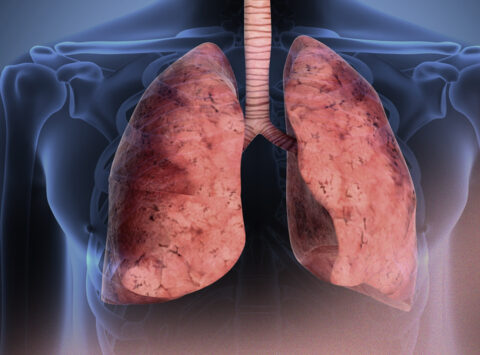
Kartagener’s Syndrome is a hereditary genetic disease, described in 1933, it shows a low incidence in the population (1: 20,000 cases approx.) and occurs from birth. Its inheritance is autosomal recessive, which means that both […]
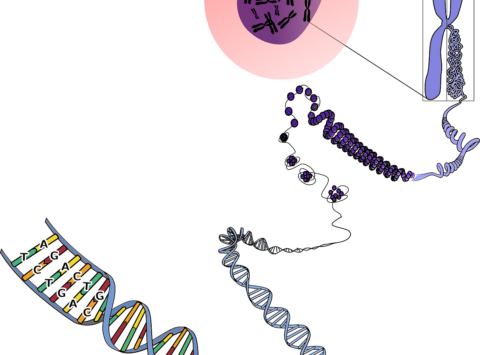
Swyer syndrome or pure gonadal dysgenesis
Swyer syndrome is characterised by a discrepancy between the patient’s karyotype and sexual phenotype (gonadal dysgenesis). While patients have a male karyotype (46,XY), they are female in appearance and have normal external genitals. A more […]
